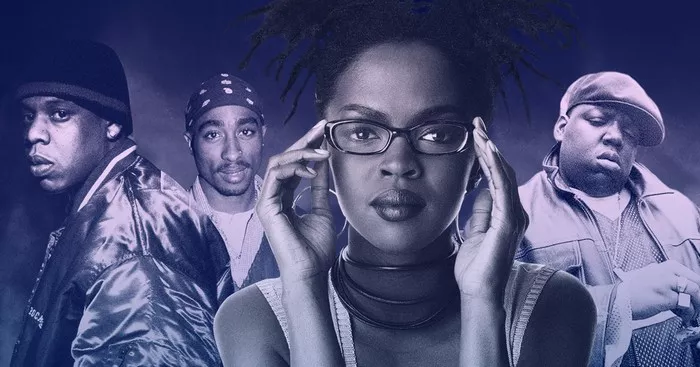Rap music has long been celebrated for its powerful lyrics, distinctive beats, and its ability to reflect the realities of urban life. However, the genre has often been criticized for its lack of gender diversity, with women artists facing significant challenges to carve out their space in a male-dominated industry. In this exploration, we delve into the experiences of women in the rap music industry, highlighting their contributions, struggles, and the evolving landscape that is reshaping the narrative.
The Challenges Faced by Women in Rap
For women in the rap industry, breaking through the glass ceiling has been a formidable journey. While the genre has produced iconic female figures like Queen Latifah and Missy Elliott, the representation of women remains disproportionately low compared to their male counterparts. Women artists often face challenges such as sexist lyrics, objectification, and limited opportunities for collaboration. These hurdles can hinder their growth and overshadow their talents.
Empowerment and Representation
Despite the challenges, women in rap are carving their path to empowerment and reshaping the industry. Artists like Nicki Minaj, Cardi B, and Megan Thee Stallion have not only achieved commercial success but have also used their platforms to challenge gender norms and advocate for women’s rights. Their success underscores the demand for diverse narratives and paves the way for more women to enter the rap music scene.
Breaking Stereotypes: Expanding Themes and Identities
Women in rap are diversifying the themes explored in the genre. Beyond romantic relationships and materialism, female artists are delving into topics such as mental health, sexuality, and personal empowerment. This expansion of themes not only resonates with audiences but also challenges preconceived notions about women’s roles in rap.
Advocating for Change: The Role of Industry Players
The responsibility to support women in rap extends beyond the artists themselves. Industry executives, producers, and promoters play a vital role in shaping the representation and opportunities available to women. As more women take on leadership roles within the industry, we can anticipate a shift towards a more inclusive and equitable environment.
Challenging the Double Standard
Women in rap often face scrutiny that their male counterparts do not. Their lyrics, image, and personal lives are subject to intense public scrutiny. This double standard not only limits their creative freedom but also perpetuates harmful stereotypes. Recognizing and challenging this double standard is crucial for fostering a more inclusive rap music landscape.
FAQs
Q1: Are women well-represented in the rap music industry?
A1: No, women in rap music continue to face underrepresentation and limited opportunities compared to male artists.
Q2: Can women in rap bring about change in the industry?
A2: Yes, women artists are challenging norms, advocating for change, and expanding the themes explored in rap music.
Q3: How can the music industry support women in rap?
A3: The industry can promote diversity in leadership, provide equal opportunities, and challenge gender biases to create a more inclusive environment.
Conclusion
In a music genre that has historically favored male voices, women in rap are making significant strides towards empowerment, representation, and reshaping the industry’s narrative. As artists challenge stereotypes, advocate for change, and diversify the themes explored in rap music, the landscape is gradually evolving. The path forward involves acknowledging the challenges faced by women artists, advocating for equitable opportunities, and recognizing that their contributions are integral to the genre’s evolution. By supporting and amplifying the voices of women in rap, the music industry can truly reflect the diversity and power of their perspectives, fostering a more inclusive future for the genre.

